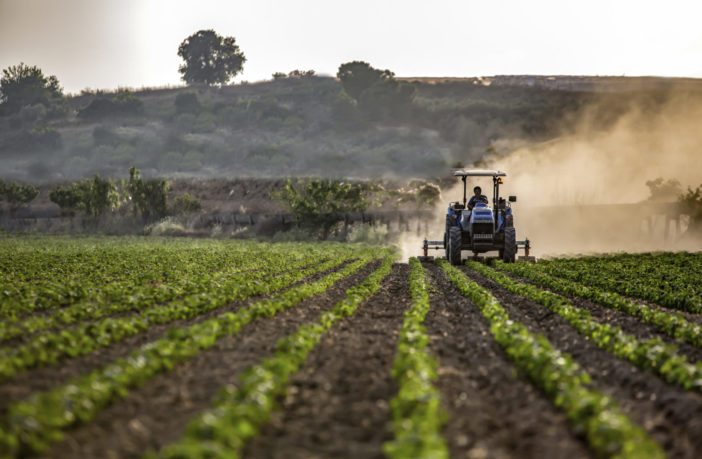A recent column in the Richmond Times-Dispatch authored by John C. Watkins and Craig Regelbrugge exaggerates the benefits of H.R. 5038, the Farm Workforce Modernization Act. The column makes three claims in particular that demand further scrutiny.
The writers boldly suggest that “the visa program known as H-2A is expensive, bureaucratic and unreliable. It falls far short of meeting the needs of our farmers.” What they do not tell readers is that the H-2A program is actually an unlimited guestworker program. It is uncapped, meaning that employers enrolled in the program receive as many guestworkers as they need.
To their credit, the H-2A is expensive and bureaucratic – when compared to hiring undocumented aliens under the table. How can an industry complain about “labor shortages” when they have an uncapped and unlimited visa program at their disposal that they refuse to use?
The authors gloss over 33 years of immigration legislative history when they state that “the last time the House of Representatives really tried to tackle the issue, Ronald Reagan was president. The solution that he signed into law addressed many short-term needs, but failed to deliver lasting solutions.” This is a simple mistake at best or a deliberate obfuscation at worst.
As recently as last year, Virginian and former representative Bob Goodlatte introduced two bills that paired agriculture’s labor demands with common-sense immigration enforcement. Those bills, H.R. 4092 and H.R. 6417, would have solved agriculture’s most common labor and statutory demands without gifting 1.5 million undocumented aliens a pathway to citizenship. To claim that Congress ignored this issue since the Reagan presidency is objectively false.
Mr. Watkins and Mr. Regelbrugge conclude by saying that H.R. 5038 would create a program that “treat(s) workers and families humanely.” In practice, the proposed Conditional Agricultural Worker (CAW) program veers dangerously close to indentured servitude, a practice familiar to anyone with knowledge of Virginia’s history. Many of Jamestown’s earliest settlers came to Virginia through this exploitative labor arrangement. Wealthy planters absorbed the debt of settlers who were too poor to afford the cross-Atlantic trip. To repay their debts, they worked as farm laborers for a set period of years until the terms of their indenture were up.
The proposed CAW program in H.R. 5038 functions exactly the same way. Previously undocumented alien farmworkers come forward and agree to undergo background checks and register as conditional agricultural workers. These workers are then tied exclusively to agricultural jobs for a number of years, depending on their time spent in the United States already. The bill’s language requires that aliens who lived in the United States for over ten years work for at least another four as a CAW worker. Anyone who worked less than ten years must work an additional eight as a CAW worker.
At the very least, an alien hoping to earn even the start of a pathway to citizenship would have to work between nine and 15 years as a CAW worker. During this time, they cannot pursue any other legal employment outside of agriculture. That arrangement constitutes indentured servitude – plain and simple.
There is nothing modern about this proposal. CAW workers who stick with the program and eventually earn green cards will not remain on the farms, and will rightfully use their full work authorization to find better-paying employment. What happens then? Agriculture will find itself back at square one. They may even go back to hiring undocumented workers.
Fortunately, a real chance at modernizing the agricultural is not out of reach. With legislative tweaks, the H-2A program could be more palatable to the agricultural industry while retaining the integrity of our immigration laws by punishing lawbreakers who knowingly hire undocumented workers. Better yet, Congress could have the political courage to give our farmers subsidies encouraging them to adopt labor-saving automation technology. Mechanization and automation are prominent features in the agricultural industries of most developed countries aside from the United States.
The Farm Workforce Modernization Act will do nothing to modernize our agricultural labor situation. This bill has serious flaws, and the recent column defending its passage gives readers only one side of the story.




